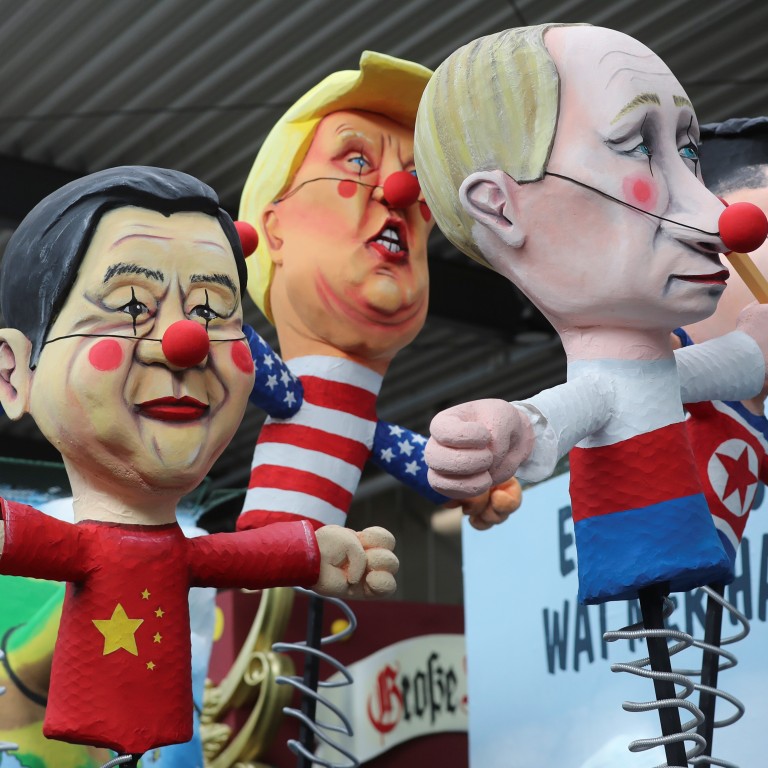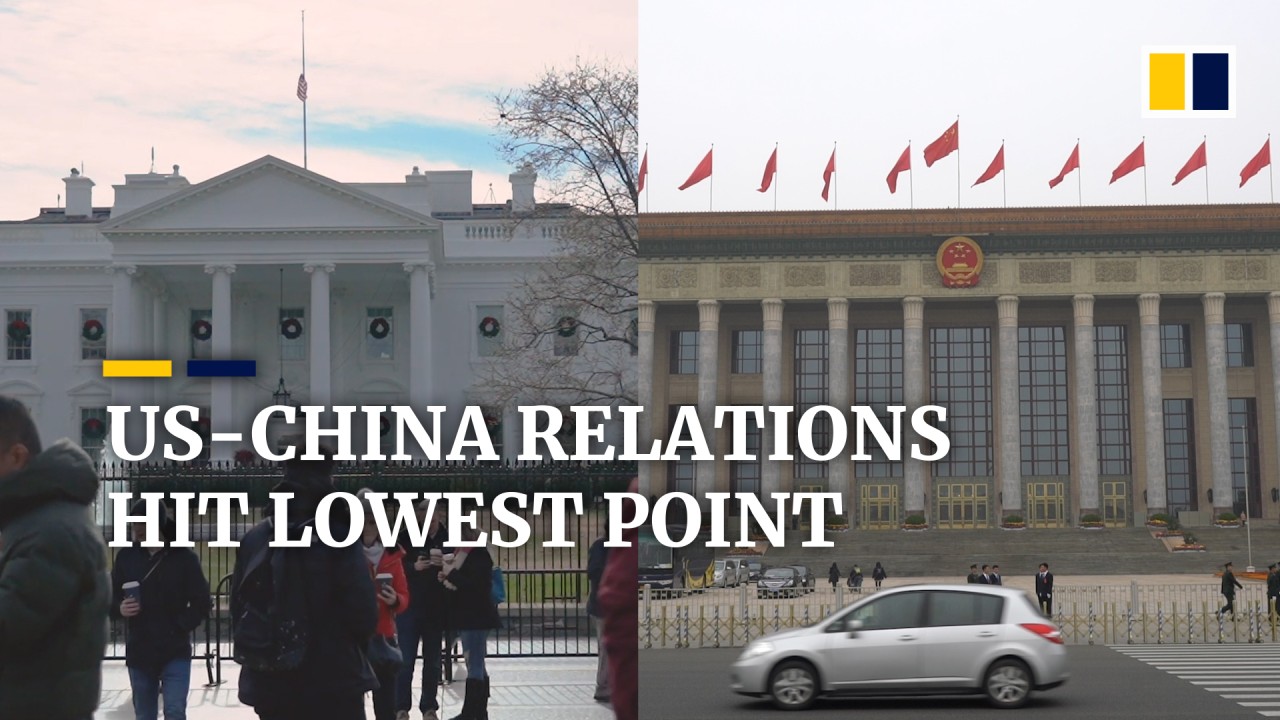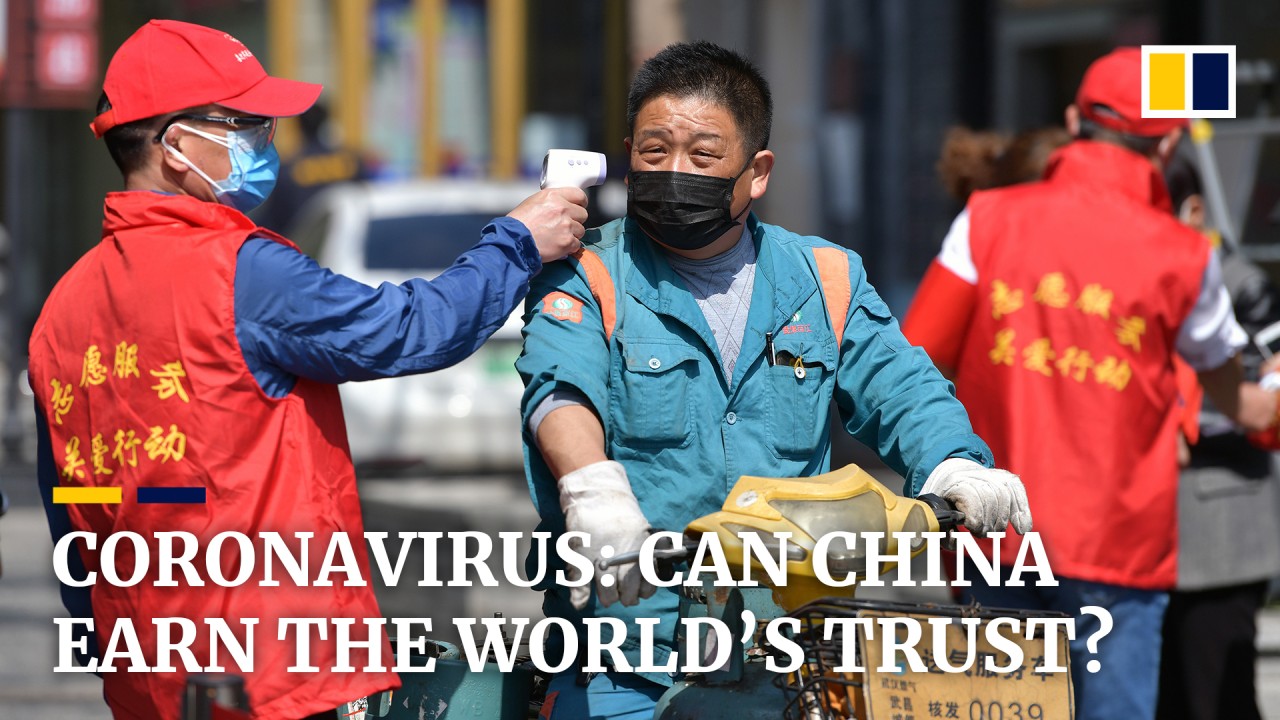
US Covid-19 blame game is pushing China and Russia closer together. Are we heading for a new Cold War?
- In drawing in Russia, the US-China conflict could become far more dangerous, and more inclined to proxy conflicts, with global interdependency today making any minor escalation particularly menacing
The repercussions of the coronavirus, which are not confined to economics, are likely to galvanise geopolitical competition. But there is little evidence that it could seriously weaken China or disrupt the Sino-Russian bond.
US officials direct all their criticism at China’s Communist Party, which makes the confrontation more ideological.
With all these moves, the US is pushing China and Russia closer together. If, until recently, it was mostly Russia that was scolded for the world’s misfortunes, now it is China’s turn. This resonates with US policymakers as well as some British officials.
Similarly, in the early 1970s, US-China relations enjoyed a honeymoon period as the Soviet Union’s relations with both countries degraded.

02:06
For the first quarter of this year, despite demand and supply shocks brought on by the pandemic, the value of Russia-China trade experienced a 3.4 per cent growth – the result of a surprising 17 per cent rise in Russian exports to China. Meanwhile, China’s trade with the European Union, the US and Japan plummeted dramatically: by 10 per cent, 18 per cent and 8 per cent respectively.

05:59
Russia’s non-energy exports to China in January grew 46 per cent year on year, mostly on the back of increased sales of copper, poultry and fish, but unlike last year, it also featured the delivery of classified defence and space equipment valued at US$23 million.

10:01
That somewhat contradicts the US-British interpretation, which highlights the victory of America and Britain over the Nazis on May 8, 1945. Such ideological collisions only contribute to the growing misunderstanding between countries, slowly eradicating the few things that remain as an epitome of joint achievements.
The US-China confrontation presents huge challenges for global stability. Unlike the Cold War, this is taking place among the new realities of a modern world order that features greater globalisation and interconnectedness, and less polarisation.
In these troubling times, it is vital that everyone support multilateralism if we are to avoid a new Cold War.
Danil Bochkov is an expert at the Russian International Affairs Council
Help us understand what you are interested in so that we can improve SCMP and provide a better experience for you. We would like to invite you to take this five-minute survey on how you engage with SCMP and the news.

